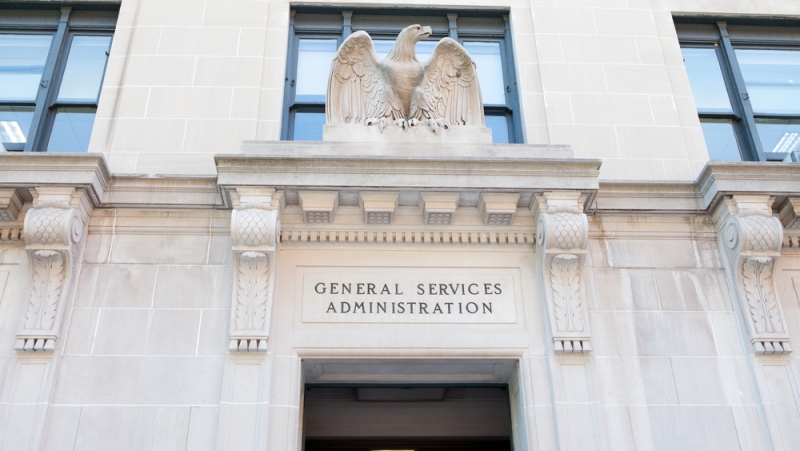
The General Services Administration’s 18F office has released “de-risking” guides to help agencies deliver successful IT projects on both the Federal and state levels. 18F, which is part of GSA’s Technology Transformation Services (TTS) organization, partners with Federal agencies to assist them in improving the user experience of government services by helping agencies build and buy technology.
According to the guides, only 13 percent of large government IT projects end up succeeding, and implementing custom software projects can be costly and risky to government entities.
“Every year, the Federal government matches billions of dollars in funding to state and local governments to maintain and modernize IT systems used to implement Federal programs such as Medicaid, child welfare benefits, housing, and unemployment insurance,” 18F said in the guides. “Efforts to modernize those legacy systems fail at an alarmingly high rate and at great cost to the federal budget.”
The guides aim to assist executives, budget specialists, legislators, and other “non-technical” decision-makers who receive Federal funding for state government technology projects “by asking the right questions, identifying the right outcomes,” and providing a basic knowledge of modern software design.
Additionally, 18F said it holds workshops to “jump start” software development projects. The workshops are designed to teach modern software development best practices, reduce project risk, meet goals, and deliver results to users.
“The public deserves a government that provides the same world-class technology they get from the commercial marketplace. Trust in government depends on it,” 18F said.
